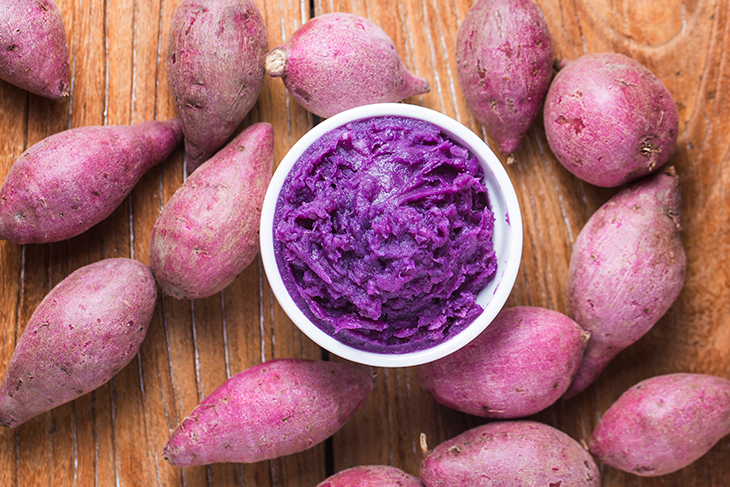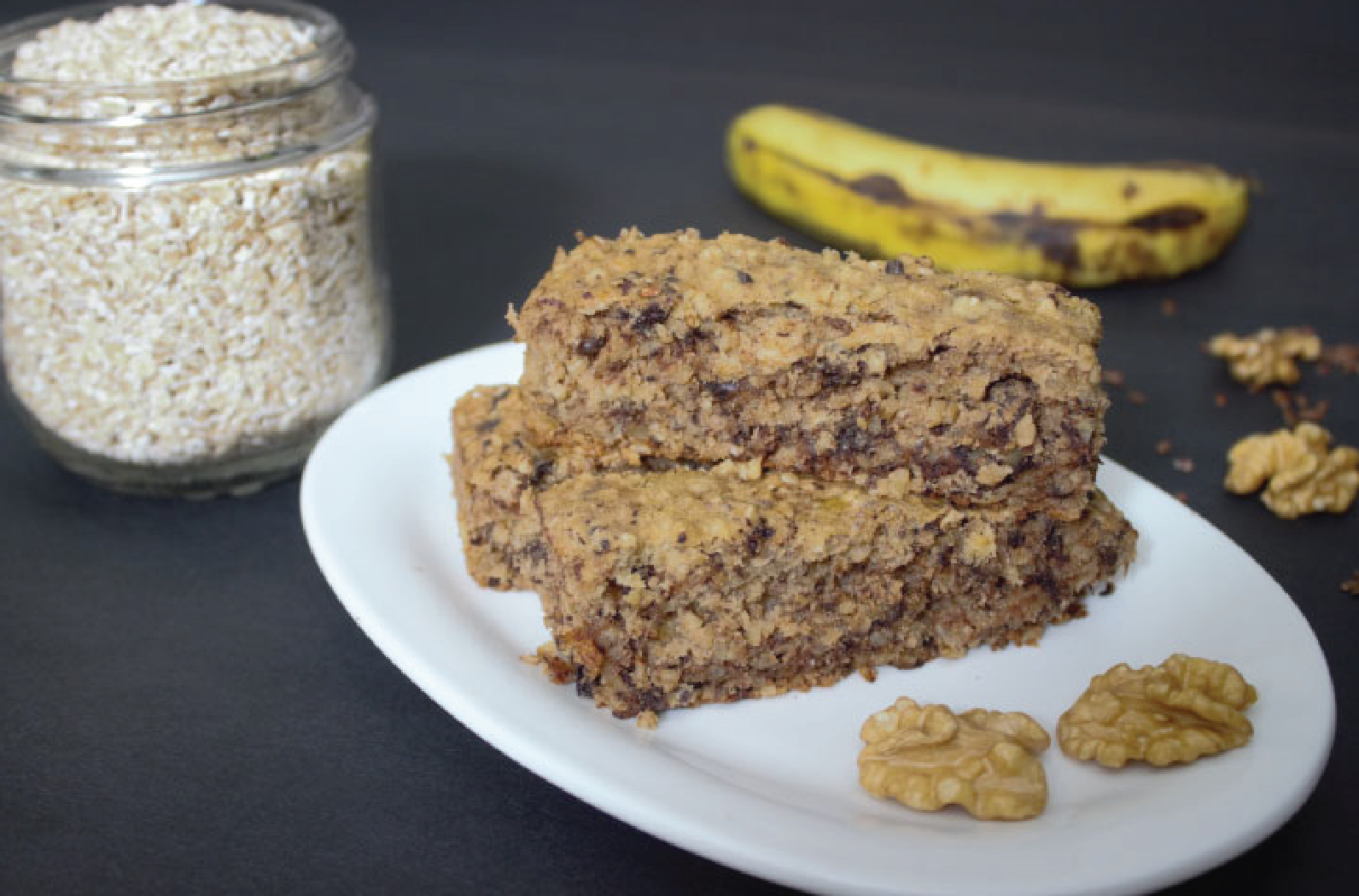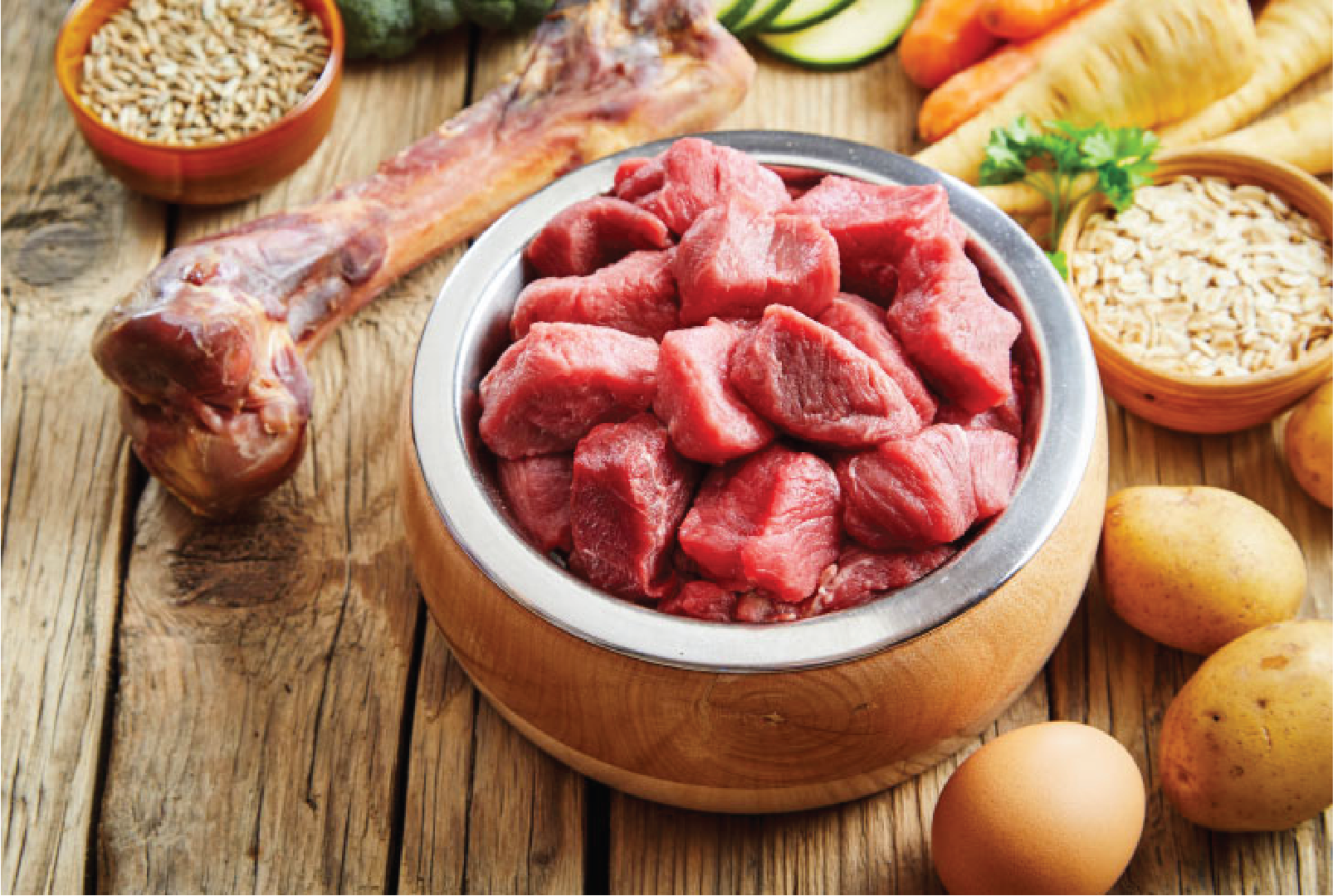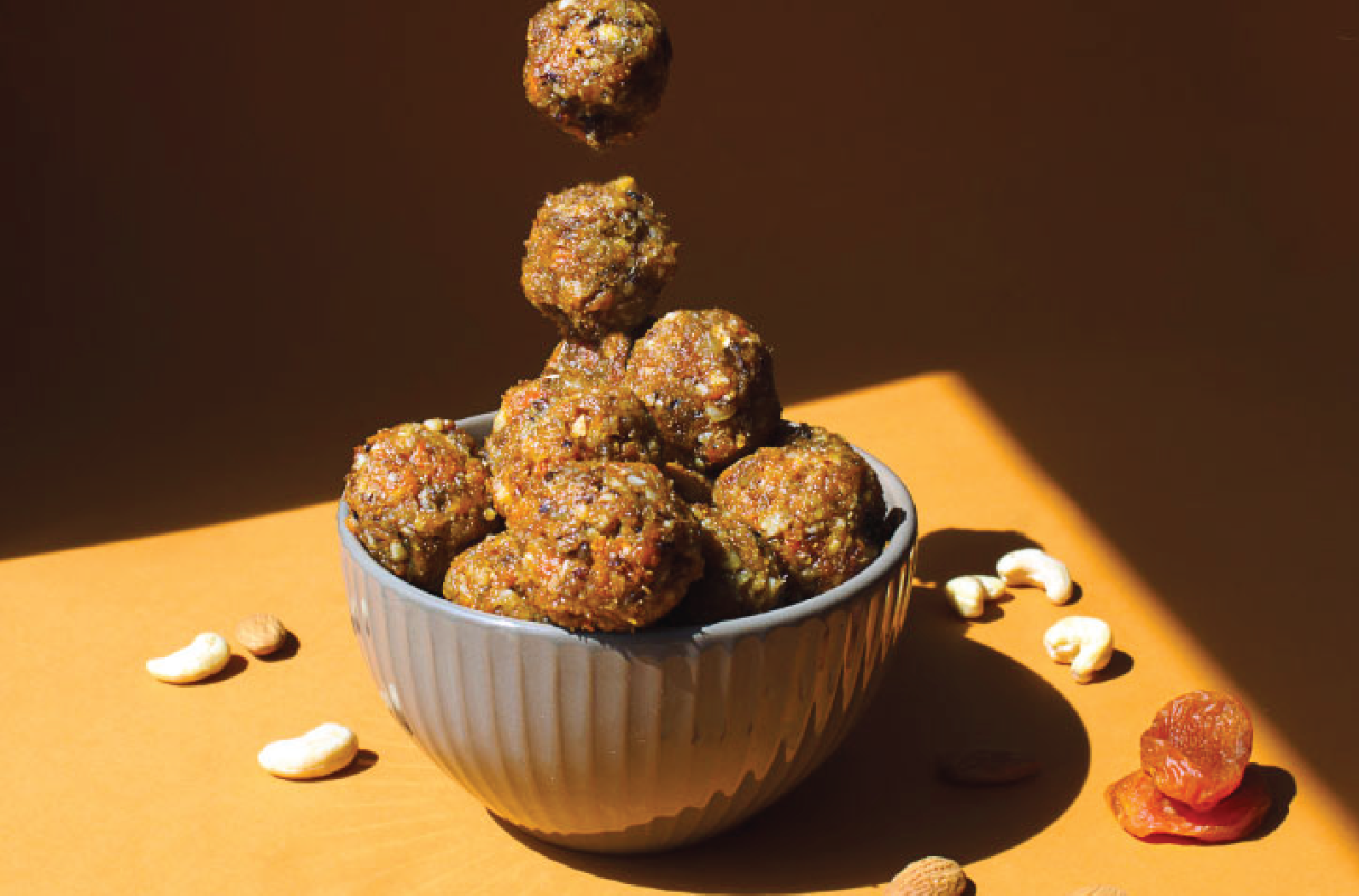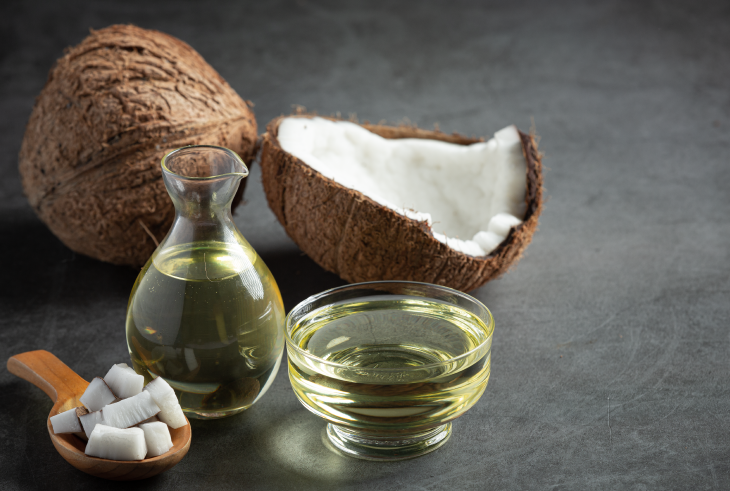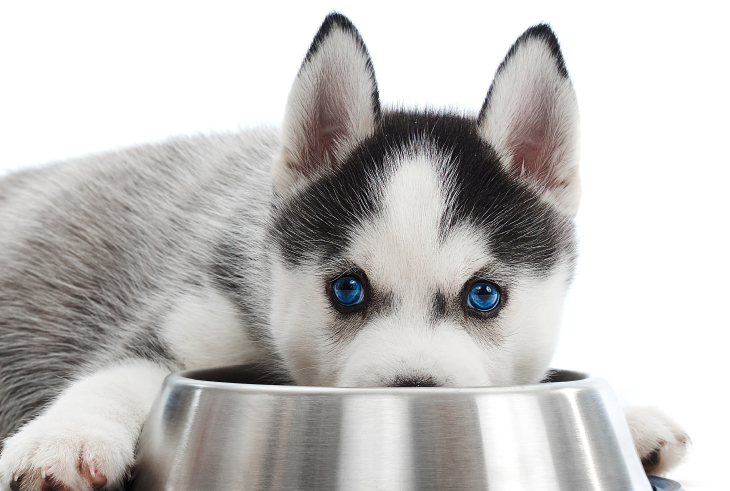Prebiotics for Dogs — A Dog Parent’s Primer
It’s now well known that probiotics are friendly forms of bacteria that live in the intestines and can improve our health in several ways — and now, they’re not just for humans. Many veterinarians recommend probiotics for dogs for everything from treating digestive conditions to boosting the immune system. But in order to fully reap the benefits of probiotics for dogs, experts say prebiotics for dogs may be equally important.
According to Dr. Lisa Brienen, DVM, a certified veterinary homeopath practicing at Mercy Vet on Mercer Island, Washington, prebiotics are fibers that feed good bacteria in the gut. “Prebiotics improve intestinal health,” she agrees. “While probiotics are known to help introduce good bacteria into the dog’s gut, it’s the prebiotics that will act as a fertilizer for the good bacteria that’s there.”


Dr. Brienen uses gut supportive therapy regularly in her practice to promote overall health, particularly in young dogs and cats, and even to treat allergic or autoimmune disease and digestive disease. “When the intestines are leaky, proteins that wouldn’t normally move through the intestinal wall can get through and the body sees these as foreign invaders” she explains, noting that a dog’s body will naturally create antibodies to fight off these proteins, which can lead to skin, eye, ear, digestive and neurologic problems. “If you heal the leaky gut, you can solve these problems which is why prebiotics and probiotics can be helpful for the immune system and support health in all systems of the body,” she adds.
Therefore, Dr. Brienen notes that many fiber-rich foods can act as prebiotics for dogs. One of the first ones she uses in her practice is pumpkin or pumpkin powder, and she also recommends cooked yams as a fiber-rich source of prebiotics for dogs. “Pumpkin helps with intestinal health, whether the dog is dealing with diarrhea or constipation,” she explains. “Fiber slows down the intestinal transit time, absorbs fluid, lowers the pH and provides nutrients for beneficial bacterial.” Better yet, prebiotics aren’t as fragile as probiotics, in that they are not sensitive to temperature, pH or gut transit time, she notes.
Source : https://www.dogster.com/dog-food/prebiotics-for-dogs











